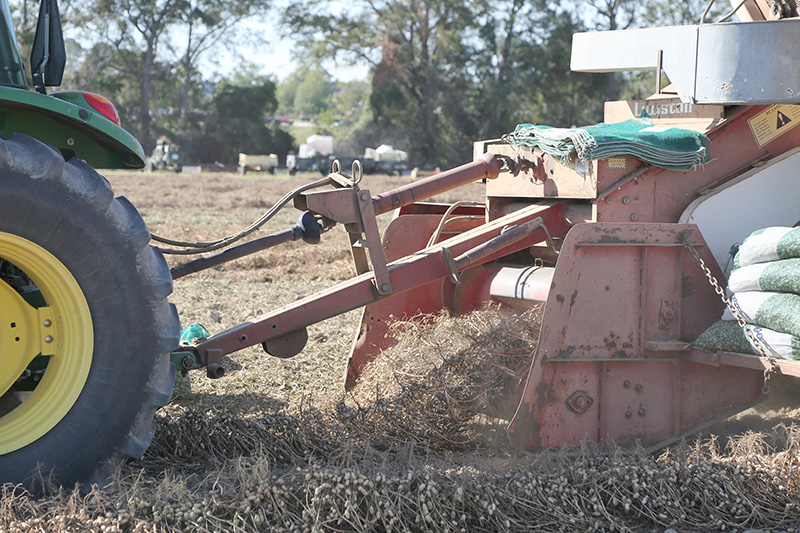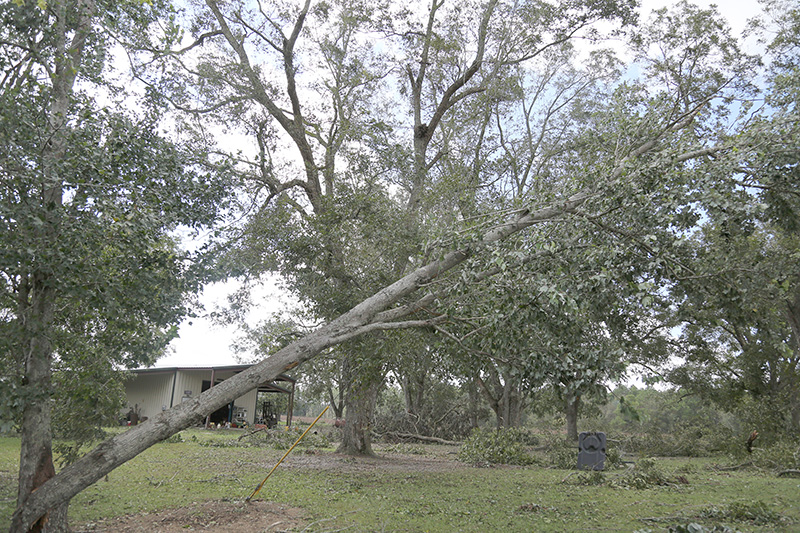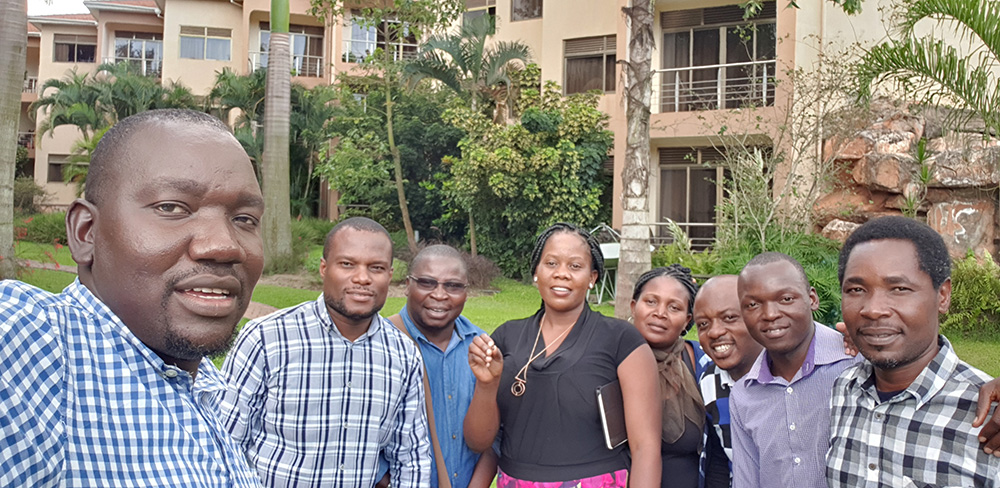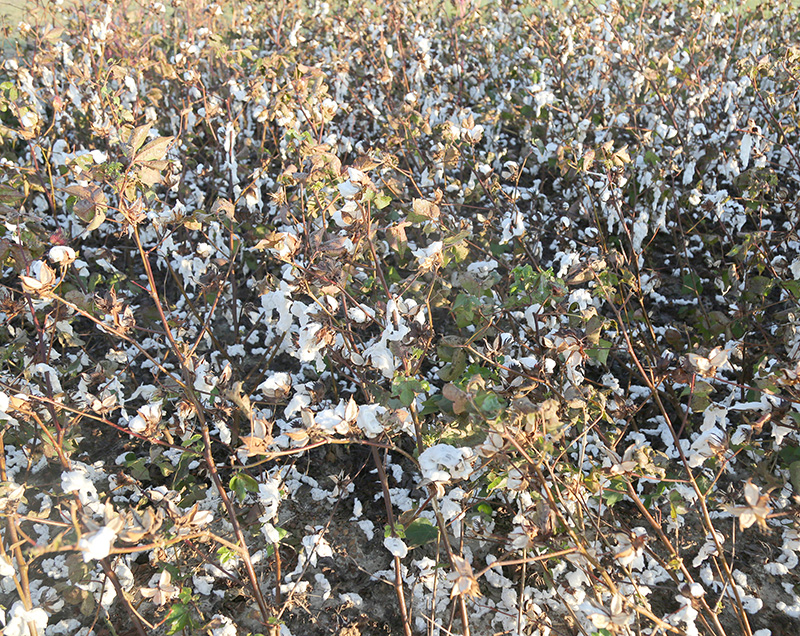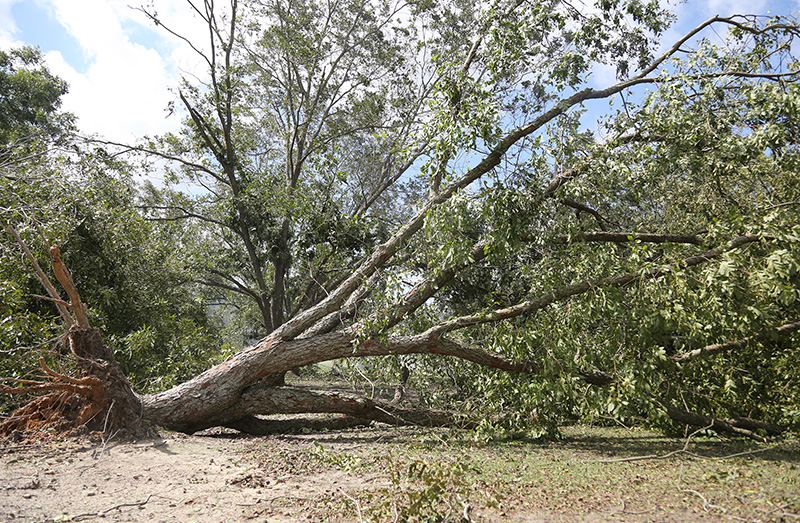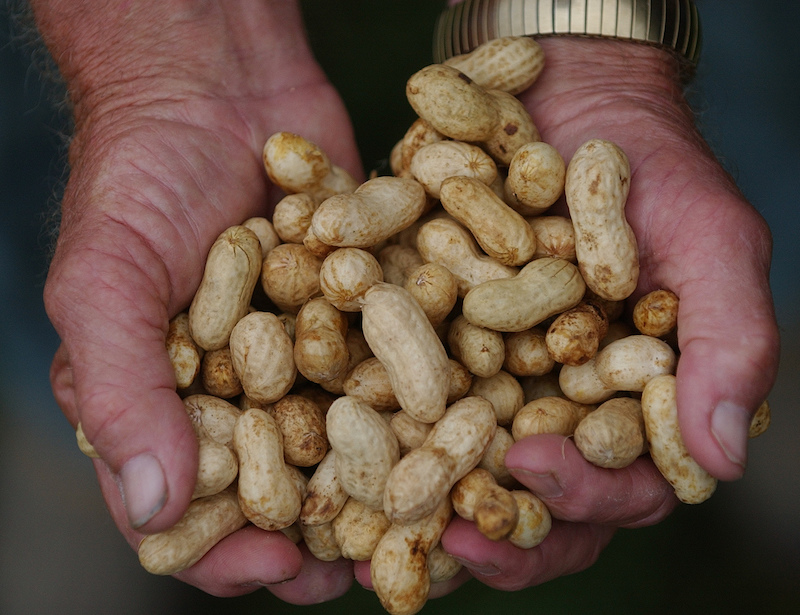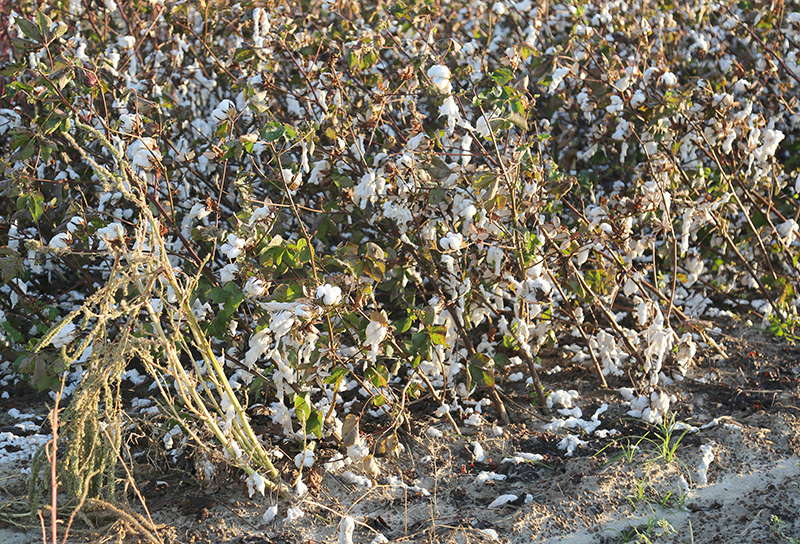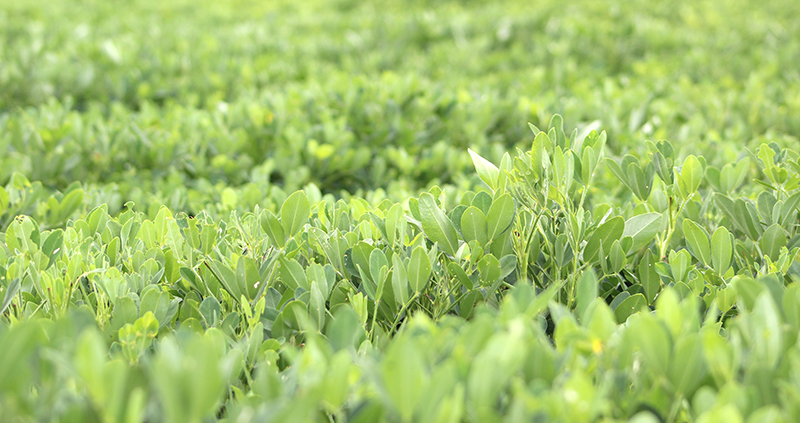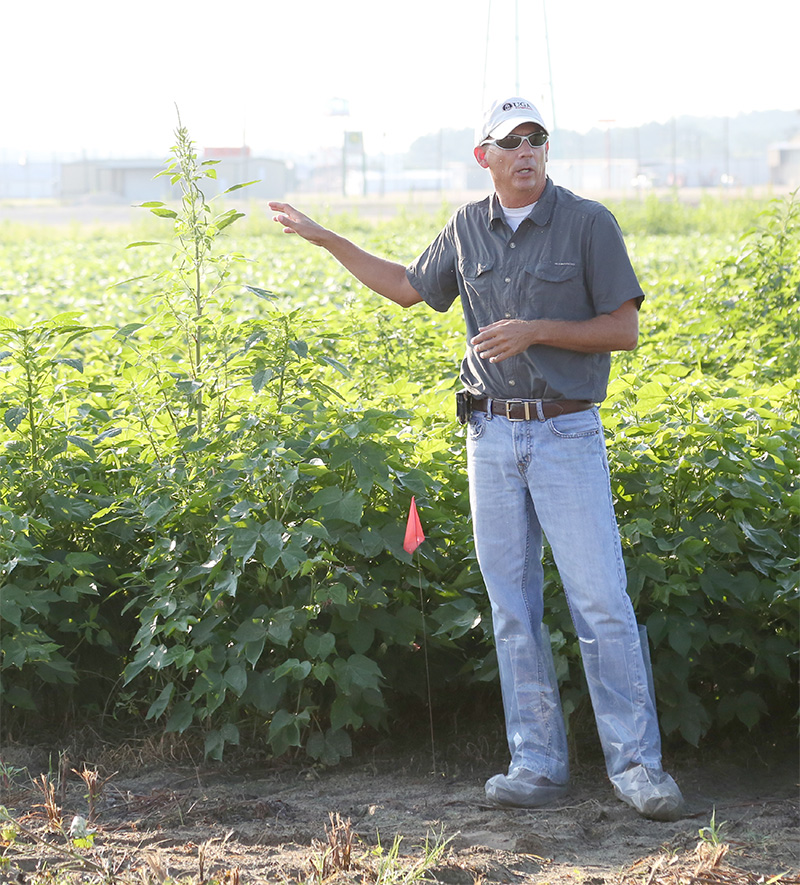 CAES News
CAES News
Using Pesticides Wisely
A state program aimed at teaching farmers and other pesticide applicators how to properly apply pesticides continues to limit pesticide drift in Georgia. The educational training system, called “Using Pesticides Wisely,” was created by University of Georgia Cooperative Extension and the Georgia Department of Agriculture. UGA Extension weed scientist Stanley Culpepper, who developed the training, credits Georgia farmers’ excellent teamwork and decision-making for the low number of pesticide drift complaints in Georgia in 2017.

